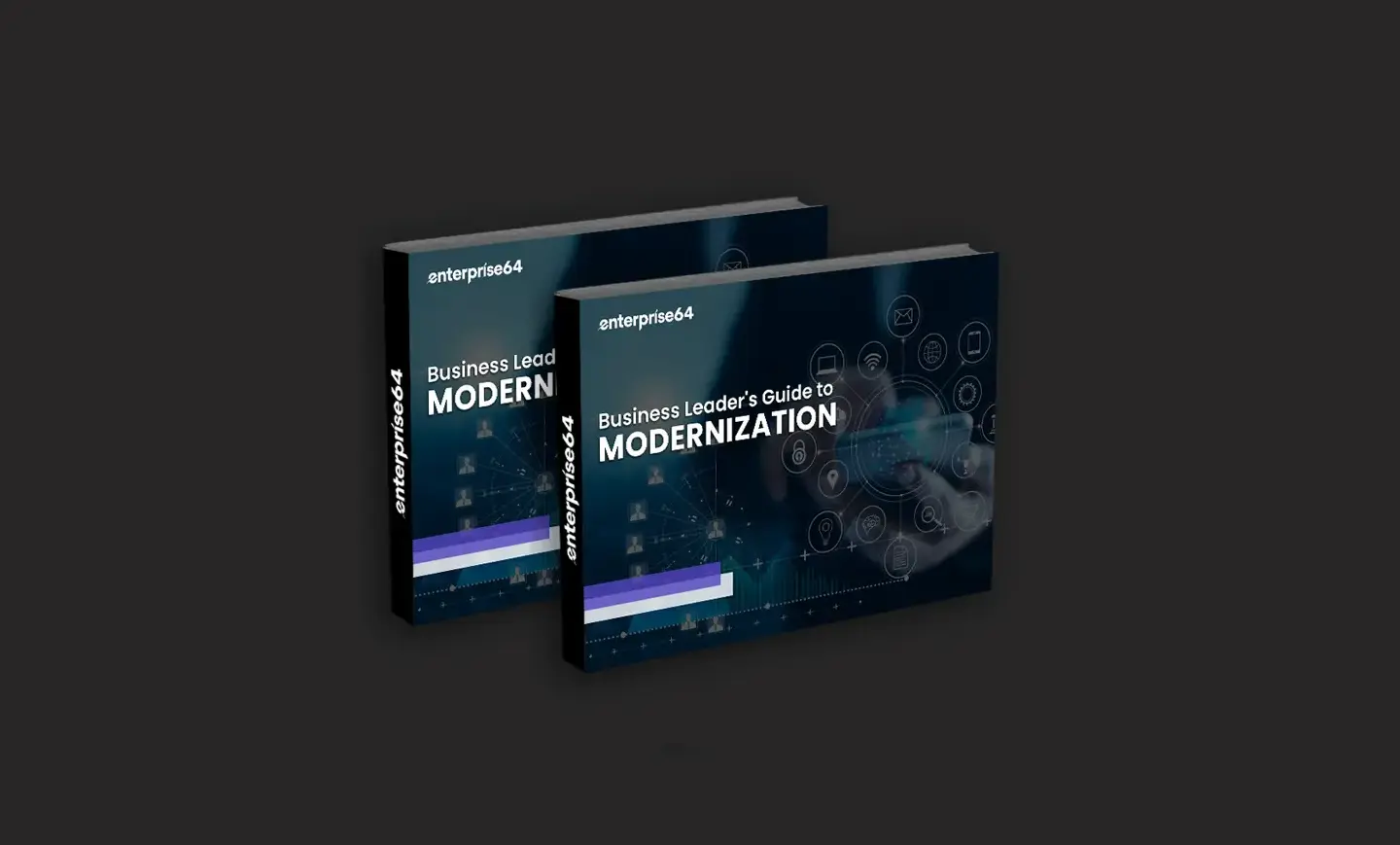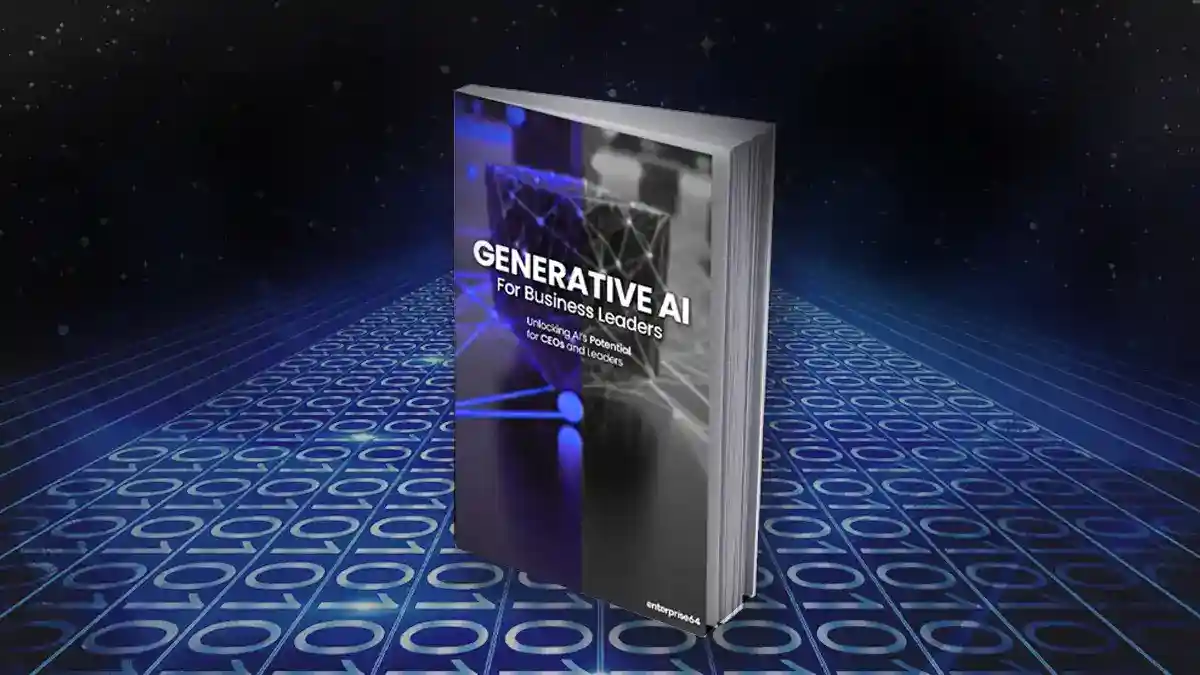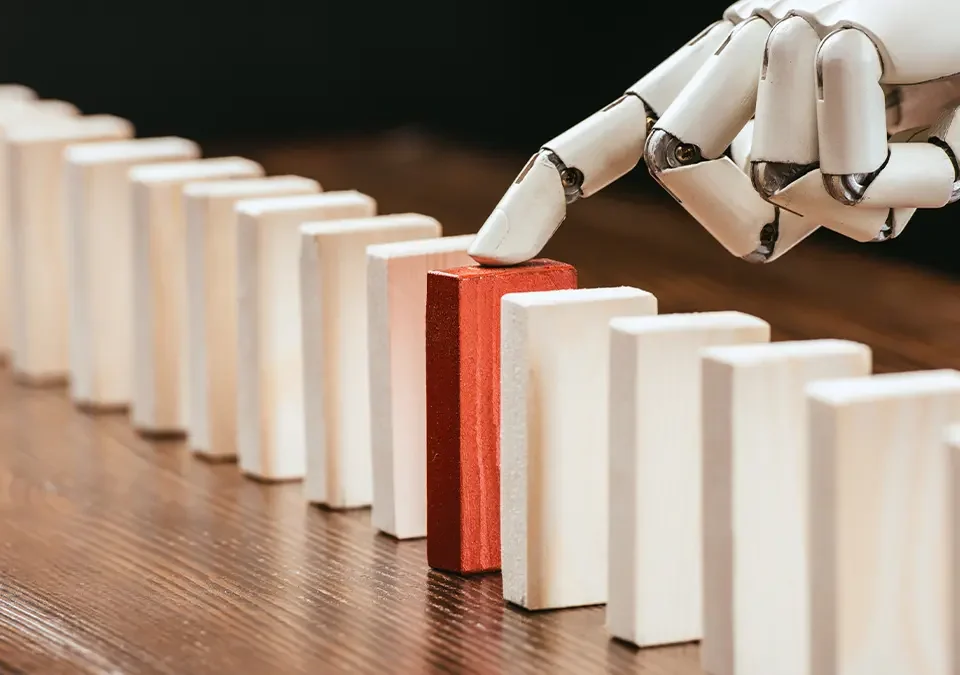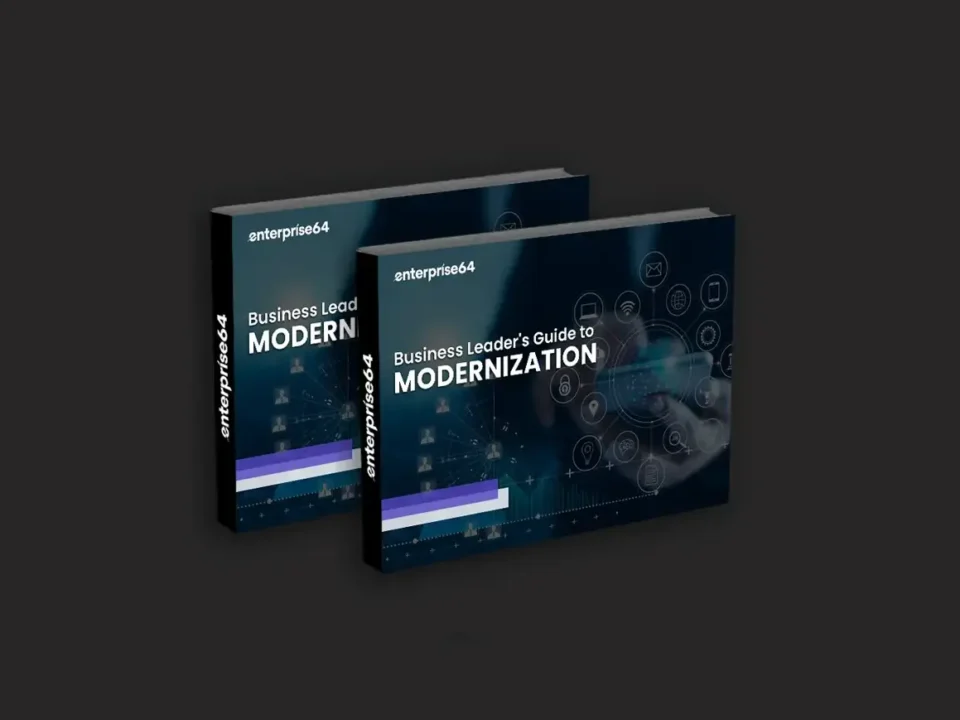The future of work promises exciting yet unpredictable changes, including diversity, policy changes, reskilling, automation, and AI. This brings us to the important realization, “How has new technology affected the modern workplace?”
Although remote jobs account for only 8.3% of job postings, we can expect technology to significantly change how businesses conduct operations based on future of work trends.
In this blog, we’ll learn about the impact of emerging technologies and artificial intelligence on workplace dynamics.
How Has New Technology Affected the Modern Workplace?
What will the workforce of the future look like? Here are the technological innovations that will redefine the basics of how and where people work.
Automation: Transforming Job Roles and Business Models
According to McKinsey & Company, automation could replace 15% to 30% of the global workforce between 2016 and 2030.
However, this automation is also creating new opportunities. For instance, roles like AI engineering and management, data analysis, and system maintenance are emerging as businesses adapt to automated environments.
how has new technology affected the modern workplace? Companies must focus on reskilling and upskilling their workforce to fill these new positions, which will lead to a demand for continuous learning and professional development.
Automation will drive businesses to reconsider their operational models. As automation tools automate routine tasks, organizations can shift toward innovative business models emphasizing human creativity and strategic thinking.
For example, companies may adopt subscription-based services or AI-driven personalized offerings that require human oversight but leverage automation for efficiency or data entry.
If you’re asking how has new technology affected the modern workplace? Automation is your answer—one of the biggest transformation indicators that leads to enhanced customer experiences and engagement.
Artificial Intelligence: Redefining Work Dynamics
AI is redefining employee roles across various sectors. As AI tools take over repetitive tasks, employees will have more time to focus on functions that require critical thinking and emotional intelligence.
For example, in customer service, AI chatbots will continue providing faster support, multilingual assistance, better triaging, etc. And allow human agents to tackle complex issues that require empathy and understanding.
This shift will require workers to develop skills that complement AI capabilities rather than become insecure and compete with them.
The integration of AI into workflows promises significant productivity gains. Businesses that use AI tools can expect improved efficiency through faster data processing and decision-making capabilities.
For instance, predictive analytics will continue to help organizations more accurately anticipate market trends and customer needs, allowing for proactive adjustments.
This increased productivity can lead to cost savings and acquire a substantial competitive advantage.
Remote Work: A Lasting Shift
The rise of remote work has changed how companies source talent. In fact, by 2025, 32.6 million Americans will work remotely.
Organizations can now hire from a global talent pool, allowing them to get their hands on diverse skills and perspectives previously restricted by geographical boundaries.
This trend encourages innovation and enables companies to better cater to international markets.
As remote work has become the “new normal,” businesses are expected to create a culture that supports flexibility and collaboration across regionally or globally dispersed teams.
You must invest in technology that facilitates communication supporting in-office, remote, and hybrid work models.
Organizations that successfully undergo this transition will likely see improved employee satisfaction and retention rates.
Data Analytics: Driving Strategic Decisions
The ability to analyze data in real-time is transforming how business leaders make crucial decisions in a crisis.
Companies that use robust data analytics tools, such as Microsoft Power BI, Tableau, Apache Spark, etc., can respond swiftly to market changes and customer preferences.
This capability will be crucial in industries where consumer behavior shifts rapidly, like retail and ecommerce, media and entertainment, food and beverage, and banking and financial services.
Organizations are increasingly using data insights not just for operational improvements but also for driving innovation.
By analyzing customer feedback and market trends, businesses can develop new products or improve existing services to meet consumer demands better.
This data-driven approach permits a culture of innovation where continuous improvement becomes a part of the core business strategy.
Communication: Facilitating Collaboration
The future workplace will rely heavily on advanced communication technologies that facilitate collaboration among remote teams.
Tools for video conferencing, instant messaging, and project management are becoming essential for maintaining productivity in a distributed work environment.
Companies that invest in these technologies will enhance their ability to collaborate effectively across different time zones and locations.
As remote work or a flexible work environment becomes more prevalent, leadership styles must evolve accordingly.
Managers must adopt more inclusive approaches that prioritize transparency and open communication.
This shift may disrupt organizational structures, enabling a more innovative workplace culture by empowering employees to contribute ideas and feedback.
Conclusion
Automation, artificial intelligence, remote work, data analytics, and remote communication will impact business strategy for organizations worldwide.
It is essential to reinstate that it doesn’t mean emerging technologies will eliminate all jobs.
However, business leaders should understand that skills development is the currency to safeguard their future. And they must offer ample learning and development opportunities to their workforce so they can leverage the potential of emerging technologies and acknowledge the future of work without any challenges.










